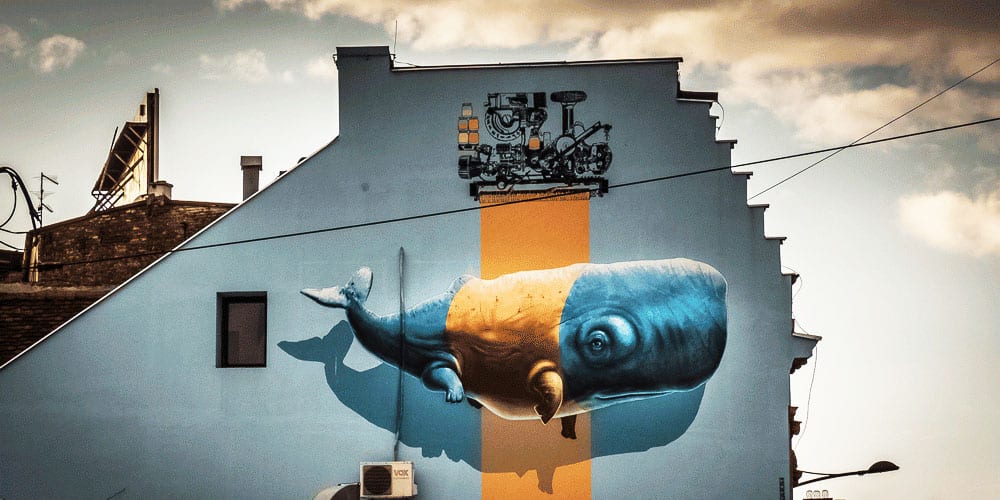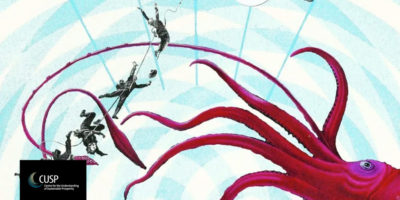Sustainable prosperity—what’s art got to do with it?
Arts are communicators of a message, but are an element of sustainable prosperity itself, too. In this blog, co-investigator Prof Kate Oakley is outlining our research approach to understanding the role of the arts and culture in delivering prosperity.
Blog by KATE OAKLEY

The inclusion of the stream of work about the role of arts and culture in the CUSP Programme is perhaps one of its more surprising aspects. At least it seems that way when explaining it to people.
“You mean like environmental arts?” some of the more knowledgeable ask, something which The Guardian newspaper tell us is currently on the rise again, giving the example of Olafur Eliasson’s melting Ice Watch, which occupied the Place du Panthéon during last year’s UN Climate Summit in Paris. Or can it be seen in the growth of ‘nature writing’, as novelists, poets and essayists attempt to reconnect an increasingly urban population to the land, from which their estrangement, some argue, creates a political problem when conveying the urgency of climate change? Or are we simply referencing the fact the Leonardo DiCaprio used his Oscar acceptance speech recently to warn of the environmental dangers of the ‘politics of greed,’ (always a tricky one to pull off for a Hollywood star)?
Well, yes. The role of the arts, the media and popular culture in communicating messages about climate change is one of the issues that the Arts theme of the CUSP project is considering. We are talking to artists up and down the country, who work in this and other forms of socially-engaged practice and trying to understand what role cultural participation plays in people’s understanding of these issues.
But we’re not simply thinking of the arts as communicators of a message; but as an element of sustainable prosperity itself. In other words, if people are to live sustainably prosperous lives, ones which involve less material consumption but offer more opportunities for cultural participation—more time, a greater sense of place, more sense of community—then how central are cultural activities to this? What is the role of the arts in connecting us to the places where we live, the communities we inhabit, the kind of work we might find meaningful? In a world where rising inequality and fragmenting social solidarity threatens our ability to undertake progressive political action together, what can the arts, themselves socially skewed in both consumption and production offer?



